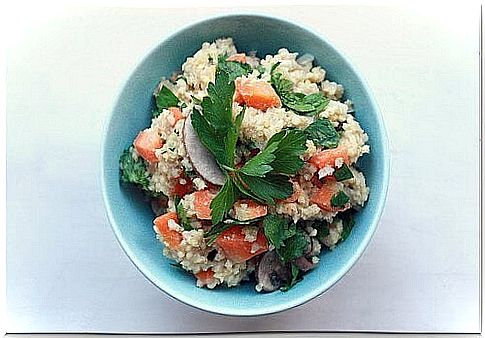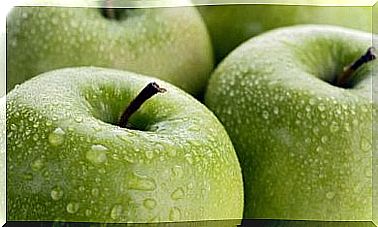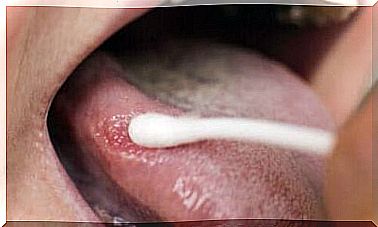The Benefits Of Millet, The Only Alkalizing Cereal
Today we will talk about the benefits of millet, an ancient cereal considered a powerful, sacred and therapeutic food by Traditional Chinese Medicine. This cereal consumed daily in the East is the only alkalizing cereal, in addition to being a great remineralizer.
Properties of millet
The millet does not contain gluten, so it is easy to digest and can be ingested by celiacs and intolerant to this protein. In addition, it is rich in fiber, helping to regulate constipation and high levels of cholesterol, glucose and triglycerides.
Similarly, an important property is that it is a good source of magnesium, a mineral that improves muscle tone and promotes nervous system health.
They contain group B vitamins, such as:
- vitamin B1 (reinforces mental activity, coordination and improves states of tiredness and depression),
- vitamin B9 or folic acid (prevents anemia and improves the skin; it is essential during pregnancy),
- vitamin B6 (favors the nervous, immune and hormonal system) and
- vitamin B2 (favors intercellular oxygenation and tissue regeneration and favors eye health).
It is also a natural source of phosphorus, an essential mineral in the formation and development of bones and teeth, during breastfeeding, and promotes good intellectual and memory performance.
They also contain fatty acids, iron (a mineral that allows the renewal of blood cells and prevents fatigue and anemia), zinc, iodine and vitamin E.
It is important to highlight that millet makes the body alkaline, unlike other acidifying cereals. This is because it balances our pH and helps us to offset the acidifying effects of a bad diet.
Which millet is recommended for what types of people?
These nutritional properties make millet beneficial and therapeutic for people suffering from digestive problems.
According to natural medicine, the digestive system conditions our overall health. In other words, this cereal can be very useful for people who suffer from acidity, ulcers, constipation, diarrhea, gas, etc.
In addition, due to its properties, it is recommended to consume it in cases of iron deficiency anemia, diabetes, pregnancy and breastfeeding, and in phases of stress and exhaustion.
How to cook millet?

First you must wash and clean it well. Then bring it to a boil with a ratio of 5 parts water to 1 part millet. Must be cooked for 35 minutes.
Its mild flavor with a sweet touch lets you combine it with stronger flavors or cook it with vegetable drink, carrots, grated apple, or even raisins and honey for a delicious breakfast.
For people who want to enjoy its benefits, we recommend consuming it at least three or four times a week. We can start the day with a sweet porridge for energy. Or even prepare a cream with vegetables at night, for a peaceful and restful sleep.
Images courtesy of Lucy Crabapple and SweetOnVeg.









